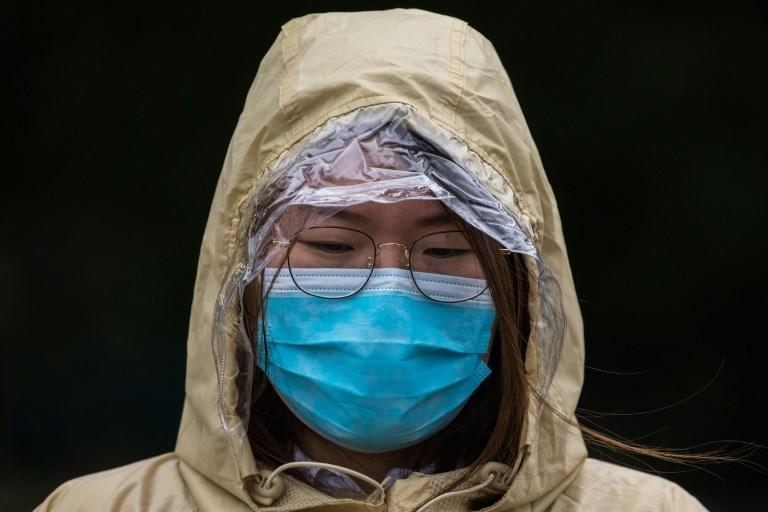At the top of the news in recent weeks has been the potent new coronavirus from the Chinese city of Wuhan.
So far, the only confirmed case in Canada is being well-managed by health-care workers in Toronto. The patient was a man with respiratory symptoms who called 911 immediately after flying back from that area. He provided enough information to allow the paramedics and hospital staff to be appropriately prepared to prevent the spread of the infection.
Although the details of the spread of this novel respiratory virus is unfolding and evolving each day, it appears that it is spread by respiratory droplets just like the common cold and influenza.
What can you do to reduce your risk for colds and other respiratory infections?
The flu shot, still available at pharmacies and some medical clinics, can reduce your risk for influenza – but not the new coronavirus or the common cold.
Take these precautions to prevent a respiratory infection or passing it on to others.
1. Wash your hands with soap and water for at least 15 seconds or an alcohol-containing hand sanitizer – especially if you sneeze or cough into your hands, rub your eyes or wipe a runny nose.
2. Cover your mouth before you cough or sneeze – preferably into your sleeve. If you use a tissue or your hands, wash your hands right away.
3. Beware of fomites. These are not insects or microorganisms but rather inanimate objects – usually smooth surfaces – contaminated by germs. These include doorknobs, elevator buttons, faucet handles, telephones, keyboards, pens and tabletops recently touched by those infected.
Wash your hands after touching these surfaces before you touch your eyes, nose or mouth and before you eat.

It’s also the beginning of the Chinese Lunar New Year, and my extended family celebrated with a dinner at a local restaurant. Unfortunately, a traditional Chinese restaurant meal is a potential source of infection.
Because each of the dishes is shared by a group of up to 10 people, if one person is sniffling or coughing, there’s a good chance you will too in the next 24 hours.
Avoid the dish that your nephew sneezed on or stuck his own chopstick into. Hopefully it wasn't the crab or your personal favourite.
Being a third-generation Chinese Canadian, I grew up believing that kung fu was invented as a way of getting out of the washroom of a Chinese restaurant without contaminating your hands.
This is the year of the rat. Relax. The rat doesn’t represent the plague but rather adaptability and intuition. So if you were born in the year of the rat, it’s not a bad thing. A rat is really a big mouse. Anyone who has been fortunate to have lined up for an hour outside his home in Toontown, Disneyland, knows that Mickey Mouse would qualify.
According to the lunar calendar, we are all animals and, of course, every animal needs adequate rest, nutrition, exercise and social activity to maintain health.
These basic requirements can maintain a healthy immune system – an important defence against infectious disease. Contrary to popular opinion, cold weather does not cause the common cold. We do congregate indoors during the late fall and winter, increasing the odds of our exposure to germs. If your body is overwhelmed by extreme cold temperatures, inadequate rest and other stresses, your immune system will suffer, reducing your resistance to infection.
On Feb. 3, I’ll start the new year of our Empowering Patients program with a free talk at the Tommy Douglas Library near Edmonds and Kingsway. My topic is The Keys to Positive Change: Transforming Our Bad Habits Into Healthy Ones. I’ll translate modern neuroscience into practical strategies for lasting change.
For more information, contact Leona at [email protected] or 604-259 4450.
Dr. Davidicus Wong is a family physician. For more on achieving your positive potential for health, read his blog at davidicuswong.wordpress.com.



